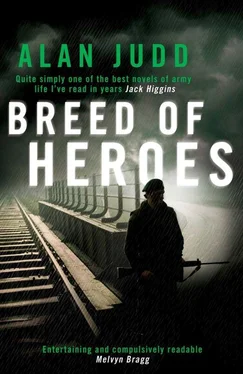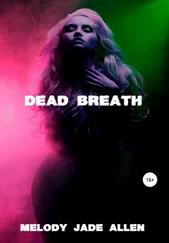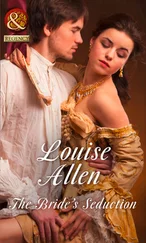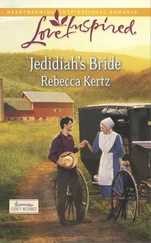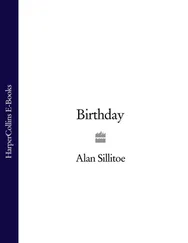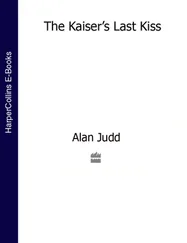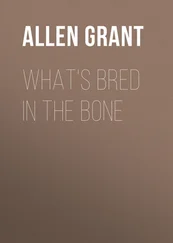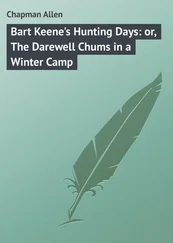They refused the tartan, meant as a symbol of identification, and Charles watched to see that the patrolling section did the same. The soldiers were strung out along both sides of the road at five-yard intervals. It was a sunny, breezy, cheerful day but there was no grass or any other greenery to be seen. At one house they were offered tea, a regular stop in that street, and they drank it on the pavement, joking with the women and playing with the children. Henry and Charles stood a little way off. For some reason it would have seemed unofficer-like to accept tea.
‘The trouble with being an officer,’ said Charles, ‘is that it’s not possible to be anything else. Everything you do is determined by what other people expect of you. You just can’t help it. You can’t even look like anything else.’
‘Unlike your soldiers, you don’t need food and drink and you have no sexual desire.’
‘Nor emotion, fear or envy.’
‘You are indifferent to heat and cold and to any other form of physical discomfort.’
‘Wherever you are is always the best of all possible worlds.’
The tea finished, they went on their way. Without wishing to identify with the Loyalist cause, they could not but feel safer in Loyalist areas. Except in times of very bad sectarian strife they were unlikely to be shot at, whereas in Republican areas they were quite likely to be. Although they were genuinely unbiased towards one side or the other, they were less relaxed, hence more tense and watchful, in Republican areas. It was more difficult for them to be friendly even if the people had been so inclined, which they were not. The Loyalist areas were more reassuring because of their insistence upon identification with the rest of Britain, but it was a fierce and un-British insistence which made it difficult to ignore the differences. Charles felt generally comfortable but essentially fraudulent in such places.
They crossed the Peace Line and approached the monastery that dominated the Republican area, on top of which there was an Army observation post. There were the same kind of houses and the same small streets here, but the flags hanging from the windows were Republican and the slogans, instead of being anti-Catholic, were anti-Army, anti-RUC and anti-Brit. They were not anti-Protestant, as the Protestant slogans were anti-Catholic, but the Republican flags were symbols of defiance. There were fewer people in these streets, no offers of tea, no well-scrubbed doorsteps. Instead, there was an atmosphere of silent and sullen hostility. The people were quiet on the whole but they had close, hard faces and they seemed to be able to make the very brickwork seem alien. At least in the new estate the hostility was open and vociferous, but here it was suppressed and bitter. The people lived in fear of their Protestant neighbours on the other side of the wire and they relied upon the Army for protection, for which they hated the Army.
‘I had a row with the CO this morning,’ said Henry. ‘About VD. He’s got very worried about it all of a sudden. P’raps there was an article in the Telegraph . He said he’ll bust any soldier who gets it and I said that if any soldier comes to me with it the fact shall go no further.’
‘I wonder he didn’t bust you.’
‘He can’t. Deadlock. Many more words but he can’t do anything. He’s absolutely furious. I have to tell him how many are ill, who they are and what diseases there are but not who has what. He has no right to know that. It’s one of the few limitations of his power — in practice, anyway — and I told him so. He was speechless. He left the room and bawled out Philip Lamb because he didn’t like his haircut. Said it made him look like Rudolph Valentino and told him to get it changed.’
‘I should think Philip was rather flattered.’
‘Either that or he’d be hurt because he thinks he’s dated.’
‘But how many have got VD?’
‘None that I know of. That’s the curious thing. They haven’t had a chance, poor sods.’
‘Perhaps the CO’s got it.’
‘Not possible. Officers don’t get it.’
They were in the shadow now of the monastery. The largest building in the area, larger even than the Factory, it was a massive, solid self-assertion in the midst of the mean streets. The monks, apart from one or two who sulked, maintained the appearance of a calm and reasoned neutrality which most people took at face value but which the CO instantly mistrusted. Naturally, they looked after only those of their own faith, but it was unreasonable to criticise them for not doing more since it was only their own that came to them. To reach the observation post in the monastery it was necessary to climb an exposed spiral staircase on the outside of the building, on which a sniper had killed a soldier the previous year, and then climb through a trapdoor into what looked like a disused cell. From here they went along a wide wooden corridor and then up another spiral staircase to the top of the tower. Though they rarely saw the monks, they were often warned to be quiet and not to spend any longer than they needed in the building. The observation post was valuable. From it they could see about half of Belfast when the haze permitted, and they had a detailed view of the Peace Line and its environs. Like the monastery, the houses were nineteenth-century, humped back-to-back, with little slate roofs, tiny backyards and common alleyways which looked homely and quaint viewed from the monastery during the day but which were dirty and sinister at night. During the night the sentries operated powerful searchlights which illuminated vulnerable sections of the Peace Line and also the houses of local IRA leaders. This latter was the CO’s idea: at least one light was constantly on the home of one man who was well known as an organiser of bombings and shootings but against whom it had proved impossible to get a conviction. His house was bathed in harsh light throughout the night, ensuring that no one could enter or leave without being identified. It must have seemed to the occupants as though they were in the curtained centre of a circular stage, surrounded by brilliant spotlights and a silent audience. The CO was gleeful about the idea, claiming that he was duty-bound to harass the man and his family as much as possible as long as they continued threatening to kill any who might be disposed to witness against them. He was also in the habit of knocking on the man’s door and chatting to him about nothing in particular — ‘Just to let him know we’re sitting on him. Doesn’t do any harm to remind him now and again.’ Despite all this, or perhaps because of it, the man and his family seemed to live a life of irreproachable ordinariness. One or two of them would even pass the time of day with soldiers if they felt in a good enough mood, or if the sun was shining.
‘This is the only OP that’s warm, dry and comfortable,’ said Henry. ‘And lonely.’
‘’Tis all right, sir,’ said one of the two soldiers manning it, a burly Mancunian. ‘Leastways, you get a bit of peace an’ quiet up here.’
‘McCart didn’t go out to collect his brew money this morning,’ said the other soldier, referring to the local leader. ‘You know, his dole money. It’s his day, Thursdays, signs on regular as clockwork. Must be ill or something. Or maybe they send it to him now so he don’t have to get out of bed unnecessarily, like.’
As they were walking back down the stairs, Henry said suddenly, ‘D’you not like sex, Charles?’
Charles was a little taken aback, never having asked himself the question before. ‘Er — yes. I mean, it depends who with, doesn’t it?’
Henry nodded. ‘You don’t, then. Or at least we’re not talking about quite the same thing.’
Charles tried to ask the question of himself, with regard to Janet. It seemed for some reason to be inapplicable. So much depended upon so much else. He couldn’t even say whether he would have enjoyed sex with her more if he had liked her more, or less. ‘What are you talking about?’
Читать дальше
